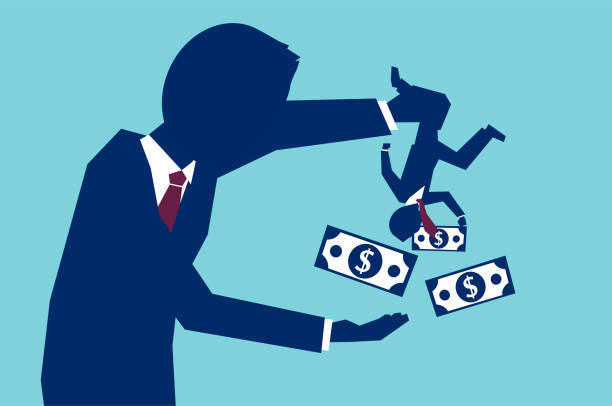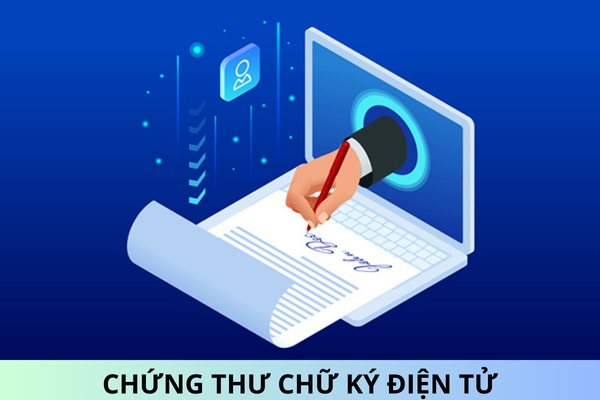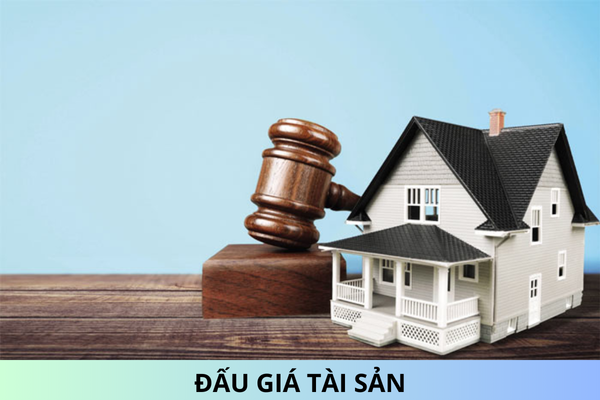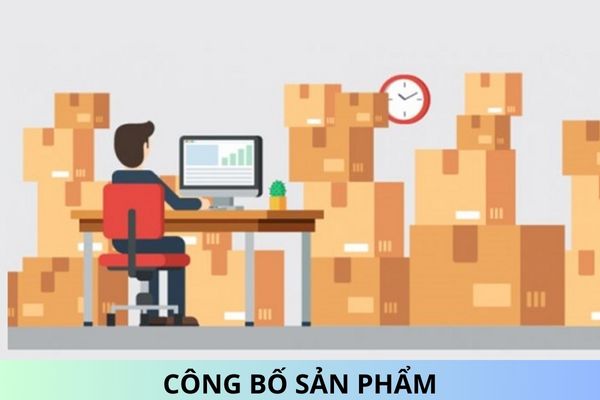Is it allowed to perform provision of debt collection services in Vietnam?
Please ask: Is it allowed to perform provision of debt collection services in Vietnam? Hope to get an answer. Question from Mr. Tai in Lao Cai.
Is hiring a debt collector considered illegal in Vietnam?
Debt collection can be understood as a form or investment business service that collects debts that the debtor persistently refuses to pay. Currently, debt collectors have different debt collection actions, including thuggish actions that affect others.
In Article 6 of the Investment Law 2020, there are regulations on debt collection services as follows:
Banned business lines
1. The business investment activities below are banned:
a) Business in narcotic substances specified in Appendix I hereof;
b) Business in chemicals and minerals specified in Appendix II hereof;
c) Business in specimens of wild flora and fauna specified in Appendix 1 of Convention on International Trade in Endangered Species of Wild Fauna and Flora; specimens of rare and/or endangered species of wild fauna and flora in Group I of Appendix III hereof;
d) Prostitution business;
dd) Human trafficking; trade in human tissues, corpses, human organs and human fetuses;
e) Business activities pertaining to asexual human reproduction;
g) Trade in firecrackers.
h) Provision of debt collection services.
...
Thus, provision of debt collection services is considered a prohibited industry and profession according to the provisions of law and violations will be handled according to the provisions of law in Vietnam.
In this case, hiring a debt collector will also be considered illegal in Vietnam.

Is it allowed to perform provision of debt collection services in Vietnam? (Image from the Internet)
Is it allowed to perform provision of debt collection services in Vietnam?
Pursuant to Point h, Clause 1, Article 6 of the Investment Law 2020, regulations on banned business lines are as follows:
Banned business lines
1. The business investment activities below are banned:
a) Business in narcotic substances specified in Appendix I hereof;
b) Business in chemicals and minerals specified in Appendix II hereof;
c) Business in specimens of wild flora and fauna specified in Appendix 1 of Convention on International Trade in Endangered Species of Wild Fauna and Flora; specimens of rare and/or endangered species of wild fauna and flora in Group I of Appendix III hereof;
d) Prostitution business;
dd) Human trafficking; trade in human tissues, corpses, human organs and human fetuses;
e) Business activities pertaining to asexual human reproduction;
g) Trade in firecrackers.
h) Provision of debt collection services.
...
Thus, provision of debt collection services belong to a banned business line. Therefore, individuals and organizations are not allowed to do this type of business in Vietnam.
What should I do if I want to legally collect debt in Vietnam?
The principle is not to commit acts of hooliganism, threats, mental intimidation, illegal arrest, etc. that affect the life, health, honor or dignity of people. otherwise, causing public disorder.
If you discover that the debtor has signs of fraudulent appropriation of property, you can report it to the police for timely handling.
To legally collect debt, debt collectors need to submit a lawsuit to the Court for settlement, the specific steps are as follows:
Step 1 : Write a petition and prepare documents.
The content and form of the petition are specifically stipulated in Article 189 of the 2015 Civil Procedure Code as follows:
A lawsuit petition must include the following principal contents:
a) Date of its making;
b) Name of the Court receiving the lawsuit petition;
c) Name, place of residence, place of work of the litigator (applicable to litigators being individuals) or head office of the litigator (applicable to litigators being agencies/organizations); phone number, fax and e-mail address (if any).
If the parties reach agreement on an address for the Court to contact, such address shall be specified;
d) Name, place of residence, place of work of person whose interests and duties are protected (applicable to individuals) or head office of person whose interests and duties are protected (applicable to agencies and organizations); phone number, fax and e-mail address (if any);
dd) Name, place of residence, place of work of the defendant (applicable to individuals) or head office of the defendant (applicable to agencies/organizations); phone number, fax and e-mail address (if any). If the place of residence, place of work or head office of the defendant is indefinite, the last place of residence, place of work or head office of the defendant shall be specified;
e) Name, place of residence, place of work of person with relevant interests and duties (applicable to individuals) or head office of person with relevant interests and duties (applicable to agencies and organizations); phone number, fax and e-mail address (if any).
If the place of residence, place of work or head office of the person with relevant interests and duties is indefinite, the last place of residence, place of work or head office of the defendant shall be specified;
g) Lawful interests and duties of the litigator that are infringed upon; specific matters of the defendant, person with relevant interests and duties that are applied for resolution by the Court;
h) Names and addresses of witnesses (if any);
i) List of documents and/or evidences accompanied with lawsuit petitions.
Step 2 : Submit application
Through forms such as: paying directly, sending by post, sending online to the District Court where the borrower lives and works.
Step 3 : Court accepts and resolves.
After receiving the petition, if it falls within its jurisdiction, the Court will require the plaintiff to pay an advance on court fees. The Court will then consider and issue a first instance trial.
Thus, to avoid illegal debt collection in Vietnam, lending individuals and organizations must follow the steps, order and procedures prescribed by law as above.
Best regards!










